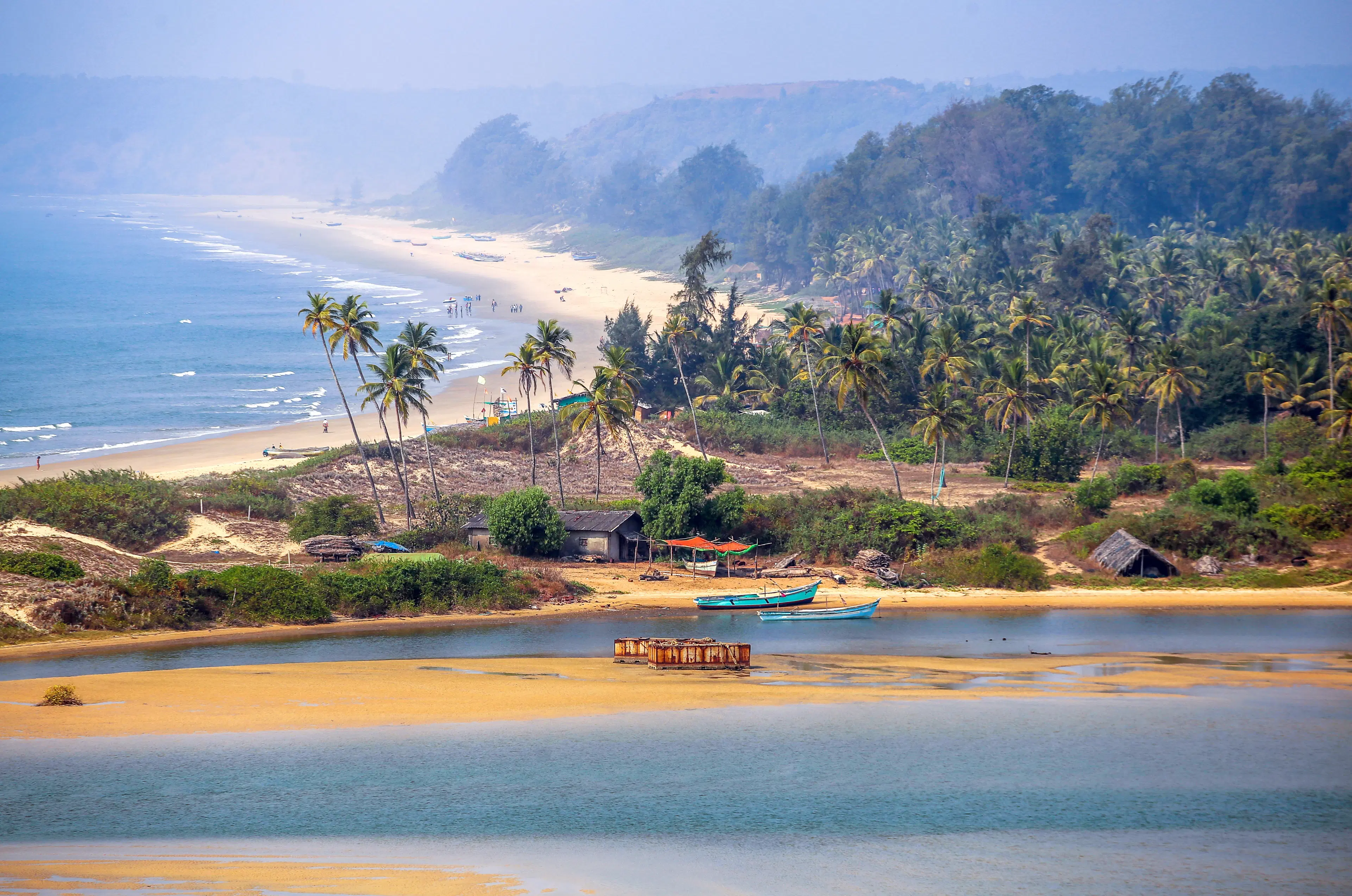
Hotels
•04 min read

India is a land of wonder, with vibrant landscapes and an abundance of wildlife. The country's national parks are a treasure trove of natural beauty and unique animal encounters. They offer breathtaking views and unforgettable moments that attract nature lovers, wildlife photographers, and adventure seekers alike. This blog post is your ultimate checklist of the top 10 national parks in India. Here, you will learn why these parks matter, what unique experiences they offer, and how to plan your journey through some of the best national parks in India. Get ready to explore famous wildlife parks in India and discover eco-friendly hotels near national parks in India that put sustainability first.
National parks are vital for preserving India's rich biodiversity. They serve as safe havens for endangered species like Bengal Tigers and One-Horned Rhinos. These protected areas also play a key role in eco-tourism, which boosts local economies and supports small communities. The conservation efforts in these parks help safeguard our natural heritage for future generations.
Every national park in India offers its own set of adventures. Imagine going on a tiger safari, spotting rare birds, or joining a guided walking tour in lush landscapes. The parks are known for their scenic beauty and cultural significance. These experiences leave lasting memories and inspire a deeper love for nature. Whether you are excited by the call of the wild or the peace of untouched lands, these national parks offer something truly special.
Jim Corbett is India’s oldest national park and a haven for tiger lovers. This park boasts a rich tiger population and has plenty of eco-friendly hotels nearby, making it an ideal destination for wildlife enthusiasts. The best time to visit is from November to June when the weather is pleasant and animals are easy to spot.
Kanha National Park is said to have inspired the famous tale, "The Jungle Book." Its lush meadows and diverse wildlife make it a popular spot. The park offers exciting jeep safaris and peaceful walking tours, connecting you directly with nature.
This UNESCO World Heritage site is famed for protecting the endangered One-Horned Rhino. Kaziranga is a standout among Indian national parks. The surrounding area features eco-friendly accommodations that help keep your travel sustainable and responsible.

Ranthambore is celebrated for its tiger sightings and the historic fort that stands proudly within its boundaries. It brings together the beauty of wildlife and a glimpse into India's rich history. This park also offers options for luxury stays that blend comfort with adventure.
The Sundarbans is the largest mangrove forest in the world and is a sanctuary for Bengal Tigers and estuarine crocodiles. What makes this park unique is its boat safaris and immersive village stays, giving you a taste of local life and nature all at once.
There are several other popular nature reserves in India that deserve your attention. Bandhavgarh is known for its high density of tigers. Tadoba is a great place to experience rural landscapes and vibrant wild life. Nagarhole is celebrated for its lush scenery and diverse fauna, while Pench offers a mix of adventure and sight-seeing. Lastly, Periyar Wildlife Sanctuary impresses with its tranquil lake and roaming elephants.
Traveling to national parks requires proper planning. The best seasons vary: summer is perfect for tiger spotting, while winter is ideal for bird watching. Keep in mind eco-friendly travel practices; choose sustainable transport methods and support local businesses to help preserve these natural wonders.
When visiting India’s national parks, consider staying in accommodations that prioritize sustainability. Many hotels near national parks promote eco-friendly practices and are nestled near wildlife sanctuaries. This approach not only reduces your travel impact but also allows you to enjoy nature at its best.
There is no shortage of adventure tourism in Indian national parks. Enjoy thrilling tiger safaris that bring you up close to nature's finest. Bird watching is a favorite for many, as is trekking through verdant landscapes. Photography tours allow you to capture every magical moment. Unique experiences such as boat safaris in the Sundarbans and walking safaris in Satpura give you a chance to see the wild in an intimate way.

Did You Know? The best time for tiger spotting in most Indian national parks is during the summer months from March to June. During this season, water sources draw the animals together, giving you a higher chance of witnessing these powerful creatures in their natural habitat.
India’s largest national parks include Hemis National Park, Desert National Park, and Sundarbans National Park. Each park offers a unique blend of size and biodiversity.
Jim Corbett, Kaziranga, Ranthambore, Kanha, and Sundarbans hold high repute. They are celebrated for their distinct landscapes and the variety of wildlife they shelter.
The Valley of Flowers National Park in Uttarakhand is world-renowned. Its alpine meadows are vibrant with flora, creating breathtaking views at every turn.
India is home to over 100 national parks. New parks are being established regularly to protect the country's diverse ecosystems.
National parks focus on strict wildlife conservation. In contrast, wildlife sanctuaries allow limited human activities such as grazing and controlled tourism.
India's national parks are jewels of biodiversity and natural wonders. They offer thrilling safari rides, peaceful walking tours, and memories that last a lifetime. This checklist has taken you through the top 10 national parks in India, highlighting why they are essential and how each park provides unique wildlife experiences. From the historical beauty of Ranthambore to the natural splendor of Sundarbans, your journey through these parks promises adventure and inspiration. Embrace the spirit of exploration and let the wonders of nature guide you to new discoveries.